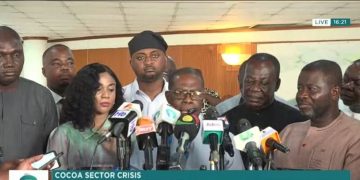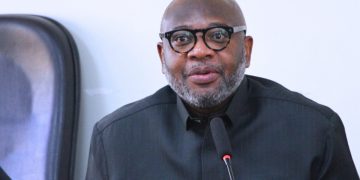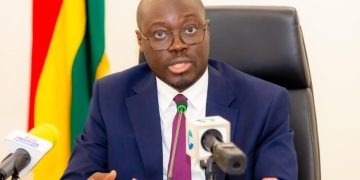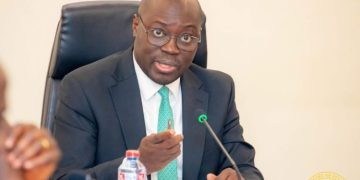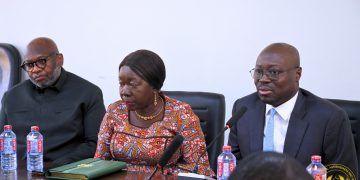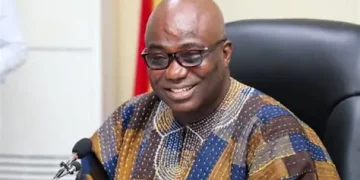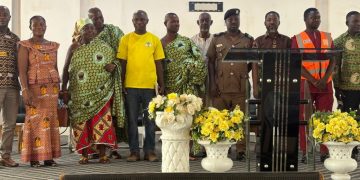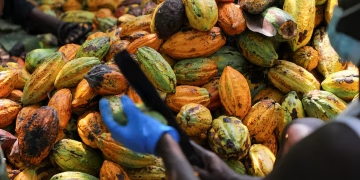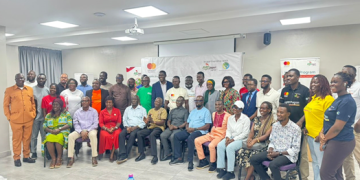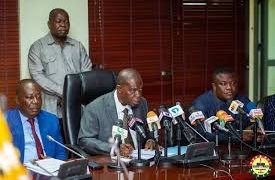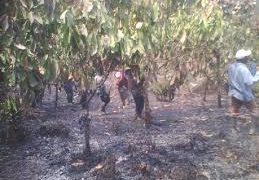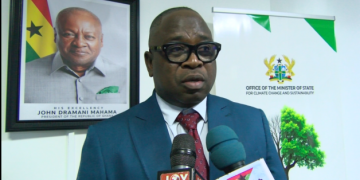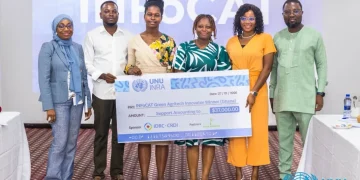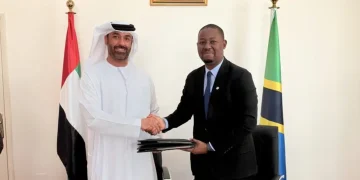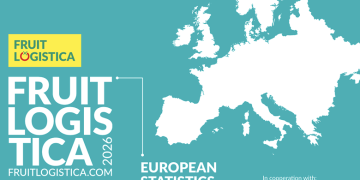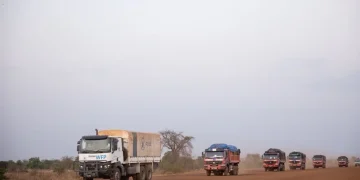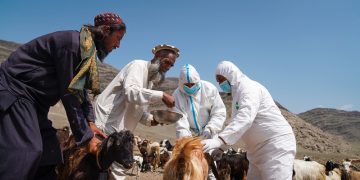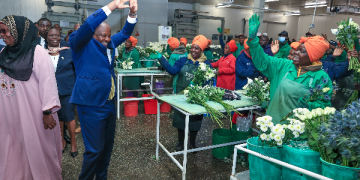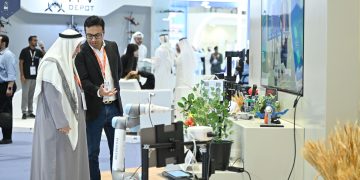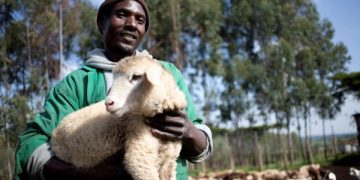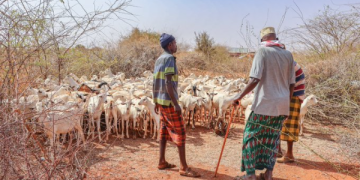The Information and Communication Resources Assistant for Food and Agriculture Organization of the United Nations, (FAO) Ghana, Mr. David Youngs has impelled young people to be the agents of change for forest sustainability.
He said this during a three-day workshop held from 5th to 7th November, 2025, in Accra by Food and Agriculture Organization Ghana in collaboration with Forestry Commission and World Food Forum Ghana Chapter, for young people committed to championing the preservation and sustainability of the country’s forest reserves.
The workshop was a capacity building and training in forest and climate change, organized for young people known as Young Forest Champions and other stakeholders.
According to Mr. Youngs, forest preservation and sustainability has become a crucial issue worth advocating for, which the youth must take a central stage.
Mr. Youngs encouraged the participants of the event to lead to the move by communicating and advocating for change in their communities. “The forest is our life, communicate to cause change” he said.
He emphasized that communication is key in kick-starting the agenda of forest sustainability and climate change. He accented that social media has become a fruitful platform for communications and advocacy which young people must deploy to tell their story in this regard to achieve the desired results.
He further motivated participants to be the voice of the AIM4Forests initiative to advocate for the need to preserve the country’s forest reserves, promoting reforestation, afforestation and other activities that help in forest sustainability. “You are the voice of AIM4Forests on the grounds share your voice and values images, posts, or short blogs to show what’s happening” he added.
Mr. Youngs reiterated that the youth is the future and for that matter must get actively involved and take the center stage in the forest sustainability and climate change agenda by communicating to inspire peers in the community and raising an alarming sound to remind offer recommendation to policymakers. “You are not just observing, you are leading a change” he emphasized.










